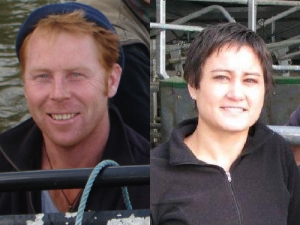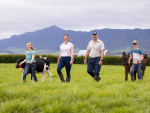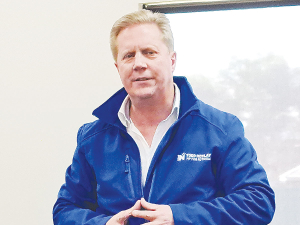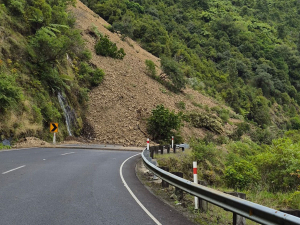Two dairy farmers from Canterbury and south Auckland will join the DairyNZ Board of Directors this year.
New associate directors Jessie Chan-Dorman and Stu Muir have been selected to join the DairyNZ board for successive six month terms. Chan-Dorman begins this month and Muir from January 2017.
DairyNZ chair Michael Spaans says Chan-Dorman and Muir bring great industry experience to the roles, which are about providing experience to future leaders, showing first-hand how a board works and what goes into making key decisions.
"It's an opportunity for them to see governance in action and we directors learn from them too, as they inject a fresh approach and new thinking which encourages great discussion on issues," says Spaans.
"Both Jessie and Stu have strengths we will value having around the table this year."
Chan-Dorman and her husband Hayden are dairy business owners leasing 420ha and milking 950 cows at Dorie in Canterbury. She has an honours degree in animal science and has worked in a range of rural professional positions over the past 15 years.
"I hope being part of the DairyNZ Board will help grow my governance skills and maybe allow me to contribute some diverse thinking. This is a tough time for the industry that will require us all as farming businesses and as an industry body to be really clear about our purpose."
Chan-Dorman currently holds governance roles with several organisations, including Federated Farmers national dairy executive and director of Ashburton Trading Society.
Muir is a farm owner, with wife Kim Jobson, milking 500 cows on 140ha at Waiuku.
Muir is an industry leader with roles in a range of environmental initiatives, including project managing a large scale wetland restoration programme on the Waikato River, which has received much local and national recognition.
"I hope being part of the DairyNZ board will not only enable me to expand my knowledge and expertise in governance, but also add a unique perspective based on experience, the ability to think laterally and challenge the status quo, while accepting the viewpoints and experiences of others," says Muir.
"My particular interests are around the environment, health and safety, and finance. I'm extremely grateful to have this opportunity."
Muir also has governance roles with the Lower Waikato River Catchment group and a Waikato Regional Council sub-committee, and was a Fonterra Shareholders Council member.
Five other farmers have been associate directors with DairyNZ since the initiative was introduced in 2013. The associate director positions are non-voting roles and are for dairy farmers wanting to move beyond their farm and into industry leadership.











